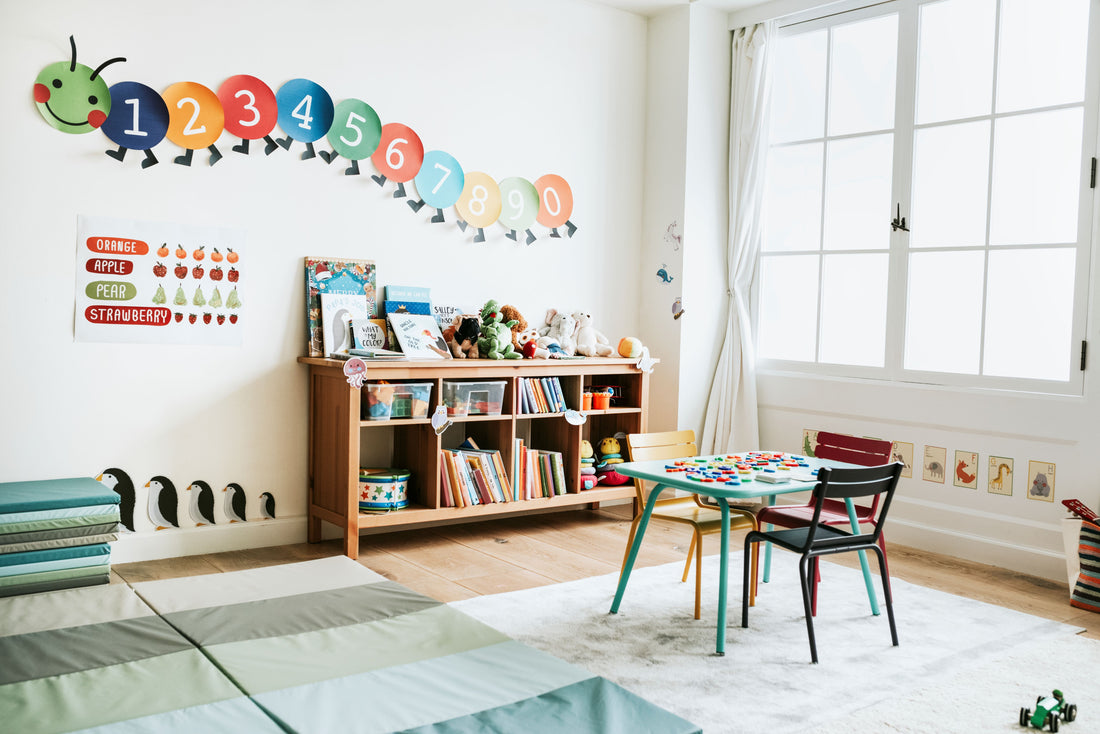August is National Get Ready for Kindergarten Month, a time dedicated to helping parents and children prepare for the exciting transition from home or preschool to kindergarten. This milestone is significant for both children and their families, marking the beginning of formal education. Here’s a comprehensive guide to ensure your child is ready to embark on this new adventure.
Understanding Kindergarten Readiness
Kindergarten readiness goes beyond knowing ABCs and 123s. It encompasses a range of skills, including social-emotional, cognitive, and physical abilities. Here are some key areas to focus on:
Social-Emotional Skills: Children should be able to manage their emotions, follow directions, and interact positively with peers. Encouraging playdates and group activities can help them develop these skills.
Cognitive Skills: These include basic literacy and numeracy, such as recognizing letters, counting, and understanding simple stories. Reading together daily and playing educational games can boost cognitive development.
Physical Skills: Fine motor skills (like holding a pencil) and gross motor skills (like running and jumping) are essential. Activities like coloring, cutting with safety scissors, and playing on playgrounds can enhance these abilities.
Steps to Prepare Your Child for Kindergarten
1. Establish a Routine
A consistent daily routine helps children understand expectations and feel secure. Start a morning and bedtime routine similar to what they will follow during the school year. This includes set times for waking up, meals, play, and bedtime.
2. Visit the School
Familiarizing your child with their new environment can ease first-day jitters. Attend any open houses or orientation sessions. If possible, tour the school, visit the classroom, and meet the teacher. Discussing what they see can help them feel more comfortable.
3. Develop Independence
Encourage your child to do things independently, such as dressing themselves, using the restroom, and tidying up toys. These tasks build confidence and self-reliance. Practice these skills regularly to ensure they are second nature by the time school starts.
4. Focus on Early Literacy and Numeracy
Integrate learning into daily activities. Read a variety of books together, practice writing letters and numbers, and engage in simple counting games. These activities should be fun and pressure-free, fostering a love for learning.
5. Promote Social Skills
Teach your child to share, take turns, and express their feelings using words. Role-playing different social scenarios can be a helpful tool. Encourage interaction with other children through playdates or group activities to practice these skills.
6. Encourage Curiosity and Exploration
Support your child’s natural curiosity by exploring new places, asking questions, and experimenting with different activities. This could be as simple as nature walks, visits to museums, or trying out new hobbies.
Preparing Yourself as a Parent
The transition to kindergarten is a big step for parents too. Here are some tips to help you prepare:
1. Stay Informed
Understand the kindergarten curriculum and expectations. Attend parent-teacher meetings and stay in regular communication with your child’s teacher. This will help you support your child’s learning at home.
2. Create a Support Network
Connect with other parents for advice, support, and playdates. Being part of a community can provide valuable insights and reassurance as you navigate this new phase.
3. Be Patient and Positive
Children often take cues from their parents. Maintain a positive attitude about school and be patient with your child’s adjustment period. Celebrate their successes, no matter how small, and provide comfort during challenges.
Conclusion
National Get Ready for Kindergarten Month is an excellent opportunity to prepare both children and parents for the transition to kindergarten. By focusing on social-emotional, cognitive, and physical skills, establishing routines, and promoting independence, you can help your child start their educational journey with confidence. Remember, the goal is to create a supportive and positive environment that fosters a love for learning and exploration. With the right preparation, your child will be ready to thrive in kindergarten and beyond.

